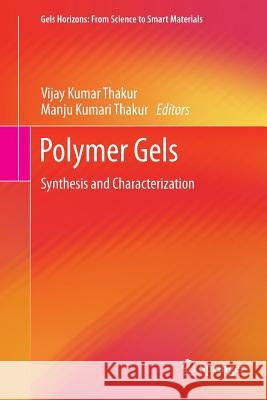Polymer Gels: Synthesis and Characterization » książka
topmenu
Polymer Gels: Synthesis and Characterization
ISBN-13: 9789811338670 / Angielski / Miękka / 2019 / 405 str.
Kategorie BISAC:
Wydawca:
Springer
Seria wydawnicza:
Język:
Angielski
ISBN-13:
9789811338670
Rok wydania:
2019
Dostępne języki:
Numer serii:
000820436
Ilość stron:
405
Waga:
0.58 kg
Wymiary:
23.39 x 15.6 x 2.16
Oprawa:
Miękka
Dodatkowe informacje:
Wydanie ilustrowane











